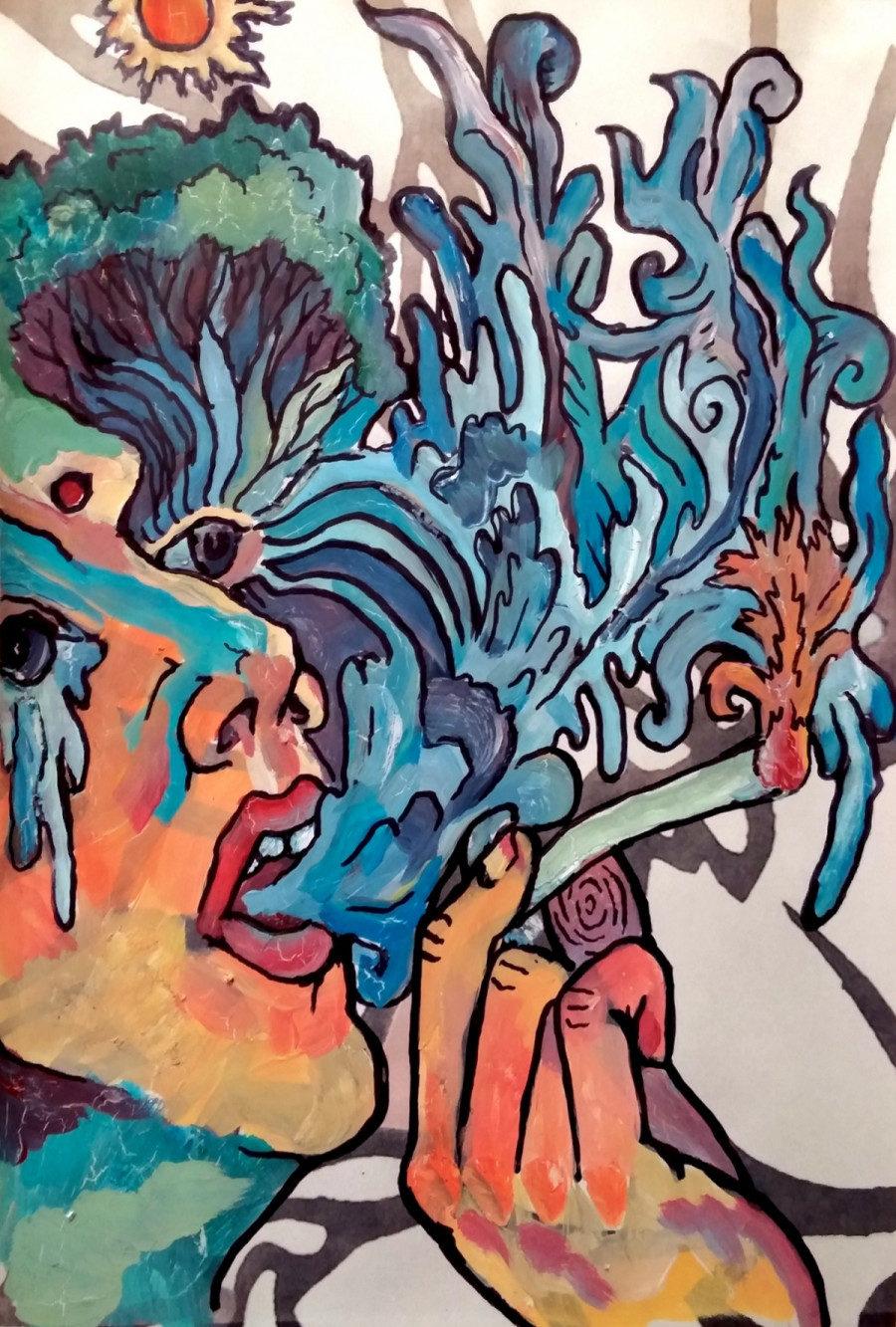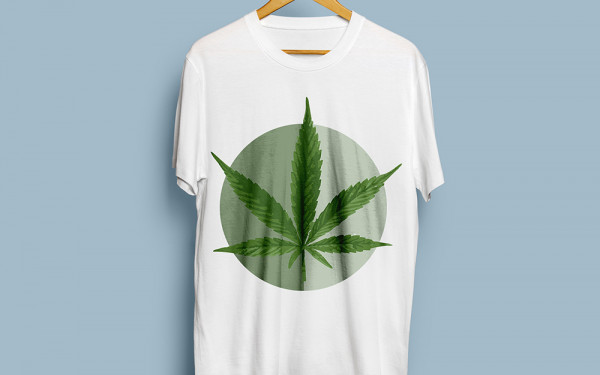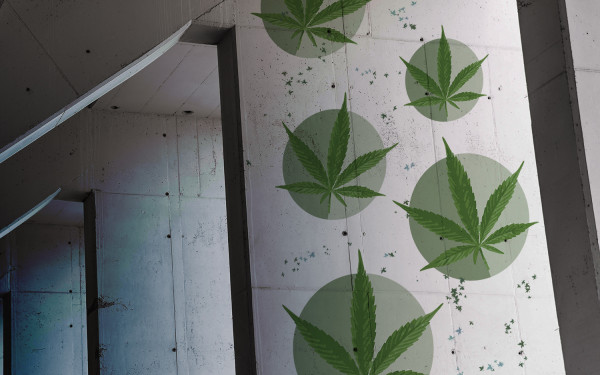Rules to Roll By
A Speculative Look at a Canadian Cannabis Policy
With a federal government elected on a platform of legalizing cannabis, Canada stands to set an example on the international stage by being the first G7 country to fully regulate the production, sale and possession of a plant that has been at the heart of so much controversy—frankly, it’s about time.
That a government could get elected with this mandate is cause for hope and cautious celebration, but many questions remain open, and the way our policymakers navigate them will determine whether we set an example for other countries to follow, or if we botch the whole thing.
With this in mind, let’s review some critical pieces of the debate to tease out what a sensible cannabis policy might look like.
Who should be able to buy cannabis?
It’s interesting to consider the Canadian Senate, in their “Cannabis: Our Position for a Canadian Public Policy” report released in 2002, provided a number of reasons why anyone 16 and over should be able to buy pot.
If that’s too radical a proposition, we already have an established age of majority in each province, and that’s not a bad place to start.
Who should be able to grow cannabis?
I think that anyone should be able to grow their own. Consider that people can already make their own alcohol with a license, and adults can grow up to 15 kg of tobacco per year, which is equivalent to two packs of cigarettes a day.
If we make these allowances for alcohol and tobacco, it only makes sense that people should be able to grow their own cannabis plants, too.
How much will it cost and how much will it be taxed?
A central reason for legalization is to regulate what has been an unregulated black market circulating billions of dollars, with much of that going towards organized crime. In order to succeed in this regard, a regulated market must be able to consistently compete with the existing black market, and must also provide regulations by which illegal producers can become legal producers.
Keeping in mind that cannabis is far safer—as published in a report by the National Institutes of Health in 2015—and results in far less public health costs than alcohol and tobacco, taxes on cannabis should also be far lower than those on alcohol and tobacco.
If legal pot is over-taxed and over-regulated, we are virtually ensuring that the black market for cannabis will continue to exist.
If we make these allowances for alcohol and tobacco, it only makes sense that people should be able to grow their own cannabis plants, too.
Why has Canada not yet decriminalized cannabis, at the very least for possession?
Given the Trudeau government’s plan to legalize cannabis, it seems absurd that people are still being arrested and sentenced for cannabis possession.
A key policy decision should be to pardon the sentences of anyone serving time for non-violent cannabis crimes, and also to create a streamlined process by which folks with non-violent cannabis crimes on their criminal record can have them removed.
If we are recognizing that there is nothing criminal about the production, sale and possession of cannabis, it stands to reason that we would create a way to absolve those who have been targeted by law enforcement for having done so in the past, especially considering the serious and long-lasting effects of having a criminal record on one’s life.
What about the effects of cannabis legalization on youth and college students?
Precedents of cannabis regulation in other countries have shown that use among youth hardly increases as a result of regulation. But a significantly positive effect will be that millions of pot-smoking Canadians, youth and adults alike, will be able to freely enjoy their drug of choice without the societal implication that they are criminals for doing so.
College campuses across Canada will finally have a legal alternative to alcohol when organizing parties and events on campus. I, for one, would much rather attend a frosh or a social event where I can purchase a joint for $5 and share it with a few friends.


_600_832_s.png)




